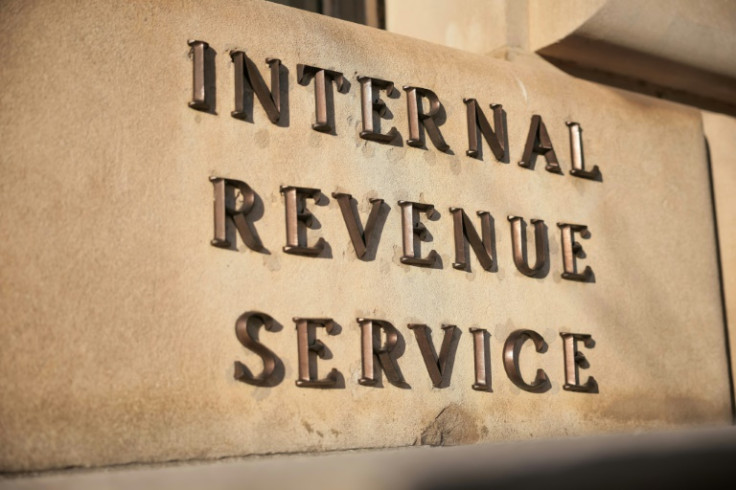Trump Admin Plans To Shut Down Free IRS Direct File Tax Program: Report

The Trump administration is reportedly moving to shut down the Internal Revenue Service's (IRS) Direct File program — a free electronic tax filing system that allows taxpayers to file their returns directly with the agency.
Launched during President Joe Biden's administration, Direct File has been praised by users for being easy to use, fast, and cost-effective. However, Republican lawmakers and private tax preparation companies have criticized the program as redundant, arguing that free filing options already exist — despite their complexity and limited accessibility.
The program's status had been uncertain since the beginning of the Trump administration. In February, Elon Musk, who heads the Department of Government Efficiency (DOGE), posted on X, that he had "deleted" 18F, a federal agency that supported government tech projects, including Direct File, Associated Press reported.
At one point, there was speculation that Musk's DOGE team might take over and improve the program. But two individuals familiar with the administration's decision told AP that its fate was sealed in mid-March, when IRS staff working on the 2026 version of Direct File were instructed to stop working on its development.
Origins And Expansion Of Direct File
Direct File was introduced as a pilot in 2024 following a mandate in the Inflation Reduction Act that required the IRS to explore the feasibility and cost of a free, government-run e-file system.
The IRS released a report to Congress in May 2023 detailing the potential costs, features, and security measures for such a system, emphasizing mobile accessibility and multilingual support. The report also noted that most surveyed taxpayers showed interest in using an IRS-provided tool.
In response, the IRS launched a limited pilot across 12 states, with 140,803 tax returns filed through the system in 2024. The program expanded significantly in 2025, both geographically and in terms of the types of income and deductions it could process. In May 2024, the agency announced that Direct File would become a permanent option for taxpayers.
Political And Industry Pushback
Despite strong public support, Direct File faced opposition from commercial tax prep companies, which generate billions in revenue from tax season. These firms have spent millions lobbying Congress to block federal alternatives. The average American pays roughly $140 annually to file taxes.
Meanwhile, House Republicans proposed an appropriations bill to prohibit IRS funding for any direct file system without Committees on Appropriations of the House and the Senate, the House Ways and Means Committee, and the Senate Finance Committee. The House failed to pass the bill, and the short-term funding resolution left Direct File unprotected, reported Forbes.
Reactions To The Shutdown
Adam Ruben, vice president of the Economic Security Project, accused the administration of sidelining average taxpayers.
"It is an outrage to see everyday taxpayers play no role in this decision," he said, adding, "Cutting costs and saving money for families were just empty campaign promises."
Amanda Renteria, CEO of Code for America — which partnered with the IRS on Direct File's state integrations — called the decision "a betrayal of public trust at precisely the time government should be demonstrating its ability to deliver basic services effectively."
In contrast, David Williams, president of the Taxpayers Protection Alliance, supported the decision, labeling Direct File "problematic" from the start. He cited the program's costs and noted that many users did not complete their filings.
What Next
According to the IRS, 423,450 users logged into the system during its 2024 pilot run, resulting in 140,803 accepted returns. The agency had anticipated those numbers would grow in 2025.
If the program is terminated, the users will need to find alternative methods to file their taxes in 2026.
Originally published on IBTimes
© Copyright IBTimes 2025. All rights reserved.





















